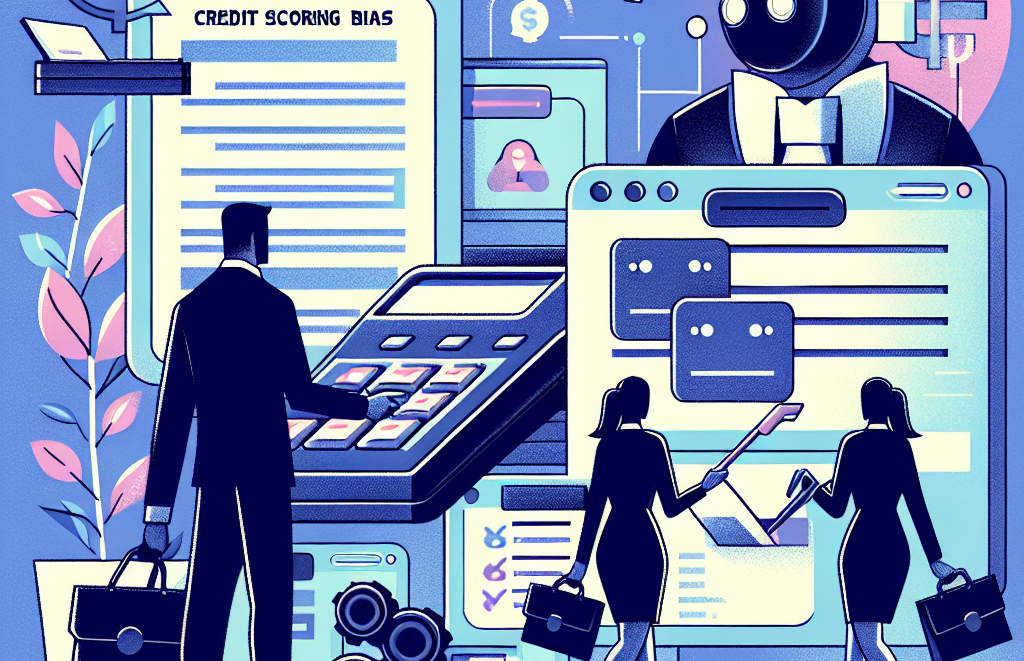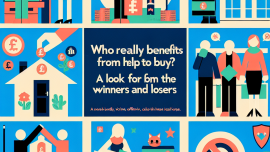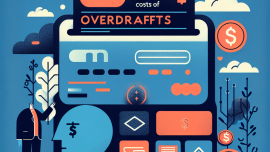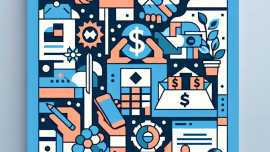
A Look at Credit Scoring Bias in the Age of AI and Automation
The True Cost of Bad Credit: Why You Can’t Afford to Ignore Your Score
When it comes to financial empowerment, there’s one number that holds considerable sway over what you can and cannot do: your credit score. While it may seem like just another metric in the opaque world of finance, bad credit carries very real, often underestimated consequences. As someone who has spent decades advocating for consumer rights and policy reform, allow me—Eleanor “Ellie” Cartwright—to guide you through the murky underbelly of a bad credit score and why ignoring it is the financial equivalent of playing with fire.
What Exactly Is “Bad Credit”?
A credit score is a three-digit number, typically ranging from 300 to 850, that reflects your creditworthiness. Scores below 580 are considered “poor” by most scoring models like FICO and VantageScore. While the number itself might be easy to overlook, the impact it has on your financial life is massive and far-reaching.
Here’s a quick breakdown of credit score ranges:
- 300–579: Poor
- 580–669: Fair
- 670–739: Good
- 740–799: Very Good
- 800–850: Excellent
If your score is below 580, the financial system treats you like a risk—and it’s not shy about making you pay for it.
The Hidden (and Not-so-Hidden) Costs of Bad Credit
It’s tempting to shrug off a low credit score as a minor inconvenience, especially if you’re not applying for a mortgage in the immediate future. But bad credit doesn’t just sting at loan time—it can bleed into nearly every corner of your financial life.
1. Higher Interest Rates
Let’s start with the obvious. Lenders view individuals with bad credit as higher-risk borrowers. That means if you’re approved for a loan or credit card, it’s likely to come with sky-high interest rates. Over time, these rates can cost you thousands—or tens of thousands—in added interest.
For example, a borrower with a “very good” credit score might secure a $20,000 car loan at 4% interest over 60 months. Someone with “poor” credit might get the same loan at 14%. That’s a difference of over $6,000 over the life of the loan. And unless you’re hiding a money tree in your backyard, that’s a hard pill to swallow.
2. Limited Access to Housing
Bad credit can also hinder your ability to rent an apartment or qualify for a mortgage. Many landlords perform credit checks and can legally deny you housing based on a poor score. Even if you’re approved, you might be required to pay a larger security deposit—money you could put to better use elsewhere.
3. Employment Risks
Yes, believe it or not, some employers (especially in the financial sector) will pull your credit report as part of the hiring process. While they won’t see your score, they will see your credit history, and excessive debt or delinquencies could raise red flags about your reliability or judgment.
4. Security Deposits on Utility Services
Bad credit doesn’t just cost you opportunities—it hits you with annoying fees too. Utility companies, ISPs, and even mobile service providers may demand security deposits before providing services. That’s money upfront at a time when you may already be financially strained.
5. Insurance Premiums
In many states, insurers use a credit-based insurance score to set premiums. Studies show that individuals with lower scores tend to file more claims, justifying (in the industry’s view) higher premiums. The result? You end up paying more—sometimes significantly—for the same coverage.
Why This Matters: A Consumer Advocacy Perspective
Let’s be honest: The credit system is arcane, and it doesn’t always feel fair. It disproportionately impacts low-income consumers, newly arrived immigrants, young people, and anyone recovering from financial hardship. The system penalizes the very people who most need leniency, creating a vicious cycle of exclusion and financial precarity.
That’s why, as a consumer advocate, I keep pushing for reform, transparency, and fairness in credit reporting practices. But until change comes from the top, consumers need to be vigilant and proactive in managing their credit health.
How to Start Rebuilding Your Credit—Without Losing Your Mind
If you’re stuck in the bad credit zone, don’t despair. While rebuilding won’t happen overnight (sorry, there’s no magic wand here), small, consistent steps can make a meaningful difference.
- Check Your Credit Reports: Start at AnnualCreditReport.com for free access to your reports from Equifax, Experian, and TransUnion.
- Dispute Errors: Even a small mistake—like an account listed as delinquent when it’s not—can hurt your score.
- Pay On Time: Payment history is the single biggest factor in your score.
- Pay Down Balances: High credit utilization rates can drag your score down. Try to keep usage below 30% of your available credit.
- Don’t Close Old Accounts: Length of credit history matters. Older accounts can improve your score just by existing.
- Become an Authorized User: Piggybacking on a trusted person’s account can boost your score, as long as they pay on time.
Credit Isn’t Just a Number—It’s Power
In today’s world, a strong credit score is more than a number; it’s access. To homes. To work. To modest borrowing opportunities that could snowball into greater financial independence. But bad credit can be a ball and chain, reducing your options and increasing your costs at every turn.
So no, you really can’t afford to ignore your score—not just because of the dollars and cents, but because of the freedom it either grants or restricts. The sooner we recognize credit for what it really is—a civil rights issue in disguise—the sooner we can empower ourselves through knowledge, and eventually, policy change.
Ready to take the next step? Visit our About Us to learn more about our mission, or reach out via our Contact Page if you need help navigating your credit recovery journey. We’re here to advocate with you, and for you.









Leave a Reply